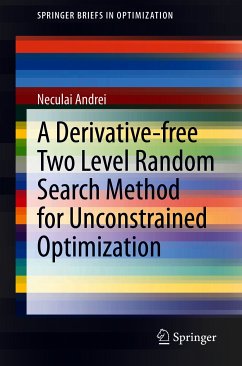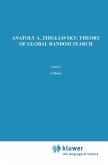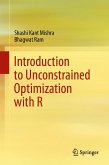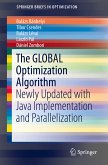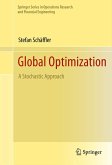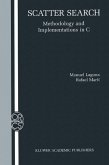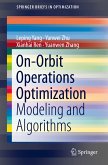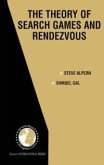Structured into 4 chapters, Chapter 1 is introductory. Chapter 2 is dedicated to presenting a two level derivative-free random search method for unconstrained optimization. It is assumed that the minimizing function is continuous, lowerbounded and its minimum value is known. Chapter 3 proves the convergence of the algorithm. In Chapter 4, the numerical performances of the algorithm are shown for solving 140 unconstrained optimization problems, out of which 16 are real applications. This shows that the optimization process has two phases: the reduction phase and the stalling one. Finally, the performances of the algorithm for solving a number of 30 large-scale unconstrained optimization problems up to 500 variables are presented. These numerical results show that this approach based on the two level random search method for unconstrained optimization is able to solve a large diversity of problems with different structures and complexities.
There are a number of open problems which refer to the following aspects: the selection of the number of trial or the number of the local trial points, the selection of the bounds of the domains where the trial points and thelocal trial points are randomly generated and a criterion for initiating the line search.
Dieser Download kann aus rechtlichen Gründen nur mit Rechnungsadresse in A, B, BG, CY, CZ, D, DK, EW, E, FIN, F, GR, HR, H, IRL, I, LT, L, LR, M, NL, PL, P, R, S, SLO, SK ausgeliefert werden.

